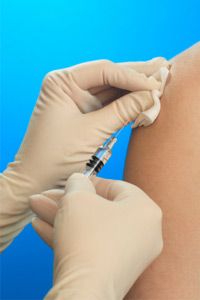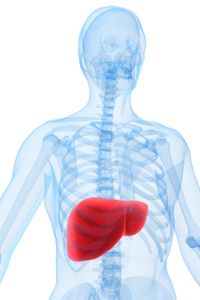Chances are it happened to you as a child -- you fell off your bike and got scraped up. If you used hydrogen peroxide for those cuts and scrapes, you might remember the tingling, bubbling and fizzing. But what was it really doing?
The tingling, bubbling and fizzing means the hydrogen peroxide is cleaning the wound -- hydrogen peroxide has great antibacterial qualities. These qualities give hydrogen peroxide many uses for improving the body's health. Hydrogen peroxide fights against parasites, viruses, bacteria and yeast. Health care providers have taken this knowledge about hydrogen peroxide's properties and applied it to places inside the body, such as the immune system. Practitioners claim that hydrogen peroxide therapy can positively affect conditions like asthma, high blood pressure, human papilloma virus, degenerative spinal disc disease, multiple sclerosis, arthritis and leukemia [source: Kennedy].
Advertisement
Positive health affects aside, however, hydrogen peroxide can potentially be a very dangerous substance. One of the major issues is that hydrogen peroxide can come in either a highly concentrated form or a very diluted form. The concentrated form can cause burns, vomiting and death if ingested [source: American Cancer Society]. The U.S. Food and Drug Administration (FDA) issued warnings to companies marketing hydrogen peroxide as an alternative health treatment, citing the dangers associated with the treatment and its lack of effectiveness [source: FDA]. Anyone considering hydrogen peroxide therapy should speak with a reputable doctor.
On the next few pages, we'll look at some of the conditions most often associated with hydrogen peroxide therapy and whether the treatment can be useful for them. We'll start with human papilloma virus (HPV).
Advertisement



